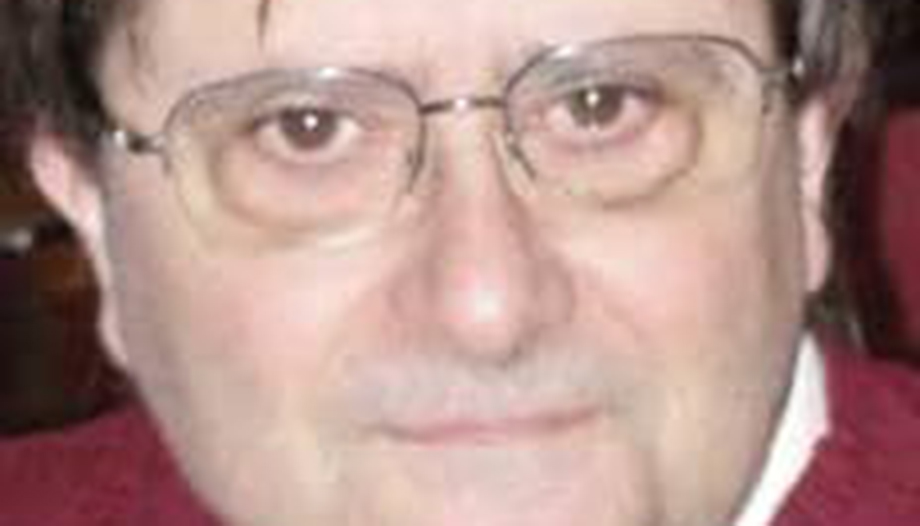Guillermo Giménez Gallego (March 31, 1945 - July 8, 2022) was a Jesuit priest and biologist. Born in Ceuta, at the age of 16 he entered the Jesuit Novitiate at the Colegio de San Francisco de Borja in Cordoba, where he studied Humanities.
In 1965 he moved to Alcalá de Henares, where he obtained his ecclesiastical degree in Philosophy.
In 1970 he resided in Granada where he worked as assistant director of the Colegio Mayor "Loyola" and studied Biological Sciences with an extraordinary prize at the University of Granada (1974). Later, he moved to Madrid where he did his doctoral thesis at the Universidad Autónoma de Madrid (UAM) also with extraordinary prize.
He began to work as an associate professor at the UAM, which he combined with his studies in Theology at the University of Comillas. In 1981 he was assigned as a Scientific Collaborator of the CSIC at the Centro de Investigaciones Biológicas (CIB).
He was ordained deacon in 1982 and priest in 1983, and then worked at the Merk Institute for Therapeutic Research. He then returned to Spain and joined the CIB, where he was appointed director in 1996-1999 and 2002-2004.
He retired in 2015 but remained associated with the IBC as a Research Professor. "ad honorem" until his death.
Guillermo knew how to choose a very fruitful research topic, which was protein chemistry, which allowed him to create a great school. He studied numerous proteins involved in various diseases, but the star protein of his career was undoubtedly the acidic fibroblast growth factor (aFGF).
During his stay at the Merk Institute, he isolated this factor from the human brain. He then sequenced the gene encoding it. This allowed him to synthesize aFGF in large quantities in order to study its three-dimensional structure and design specific inhibitors.
He has received numerous awards: National Research Award in the Biomedicine category in 1993, Basic Research Award of the Spanish Society of Cardiology in 1995 and president of the sixth section of the Royal National Academy of Pharmacy since 2007.
Guillermo was an exemplary Catholic scientist who knew how to bring the light of Christianity to research laboratories.
Higher Council for Scientific Research (CSIC) Society of Catholic Scientists of Spain







